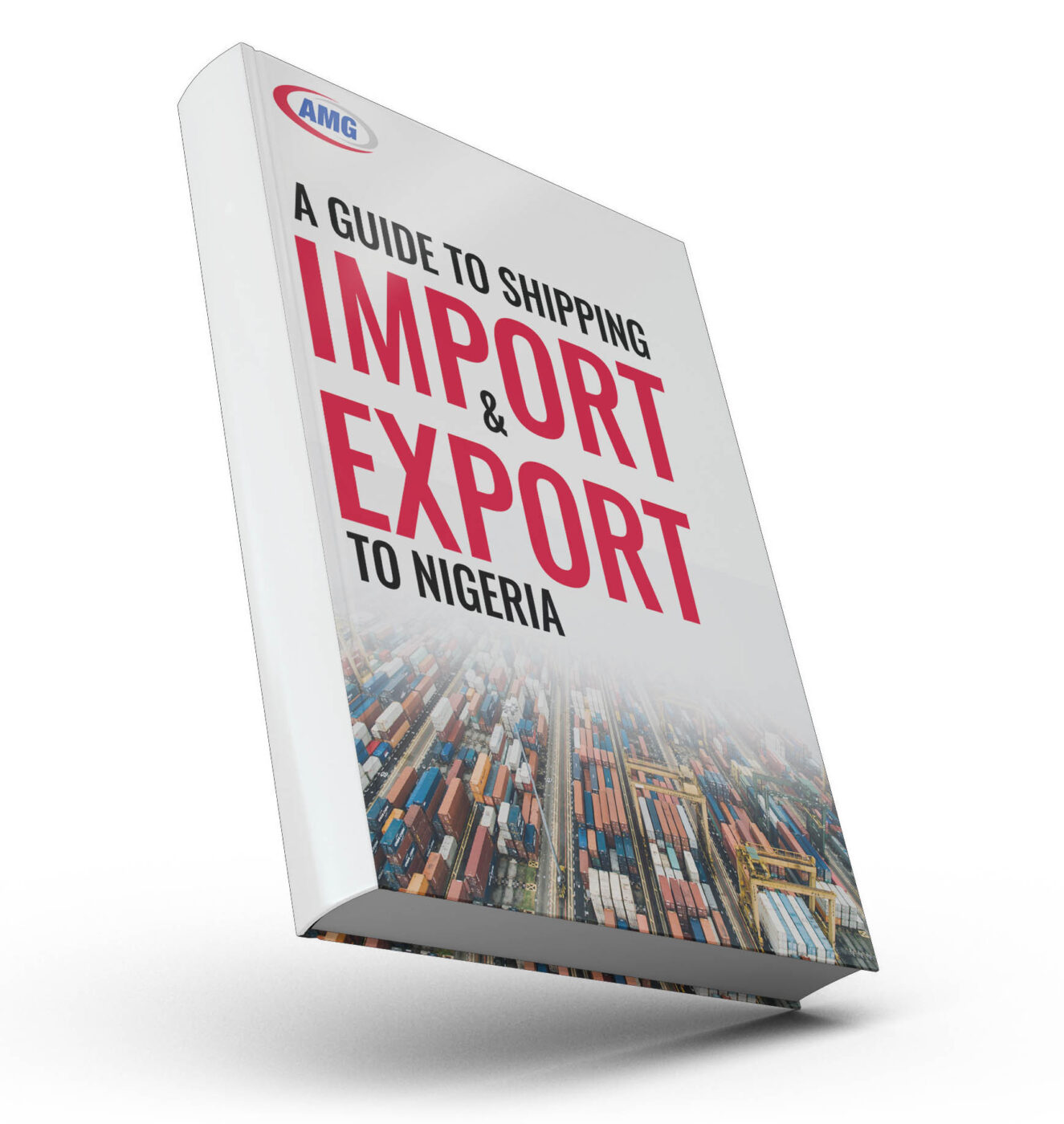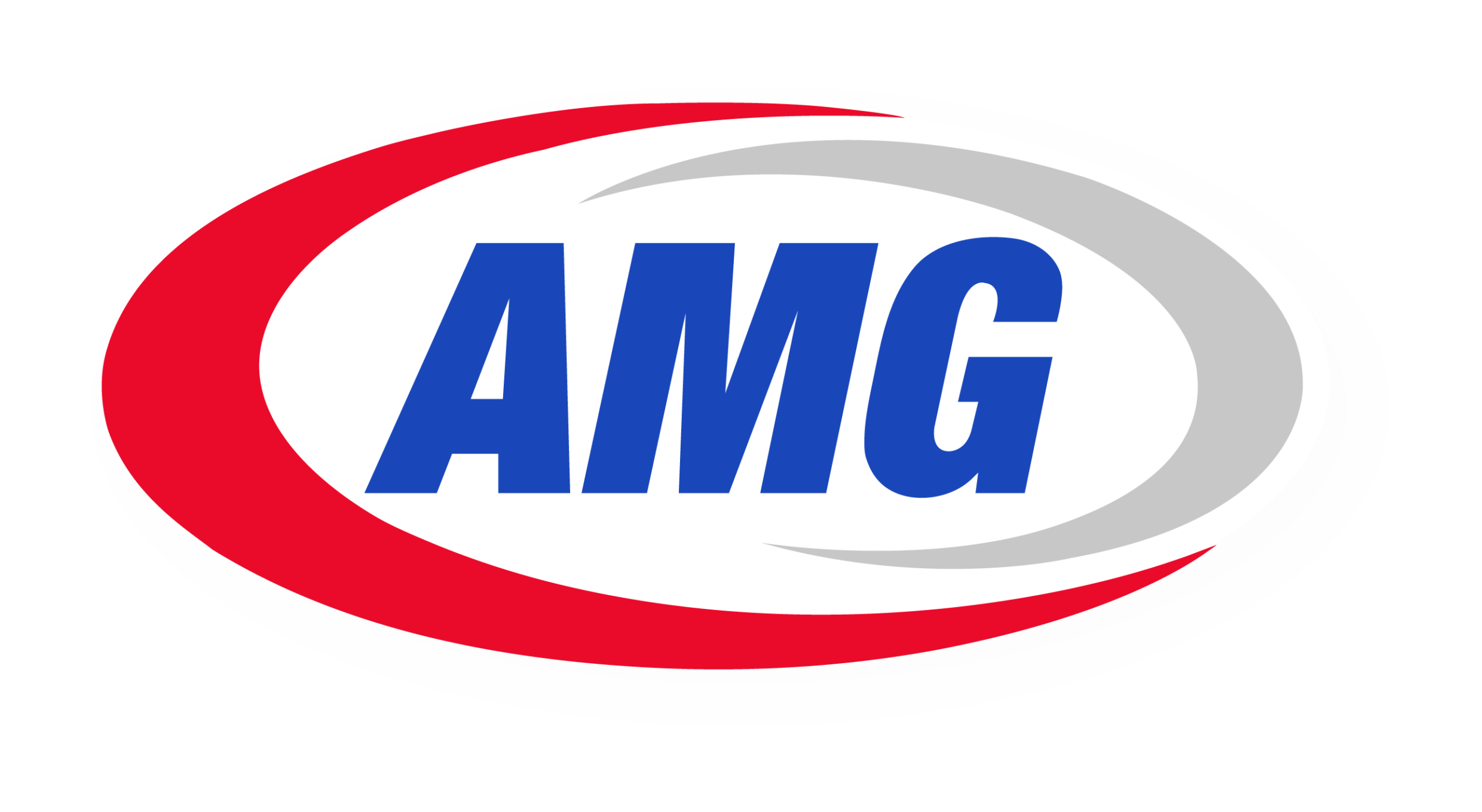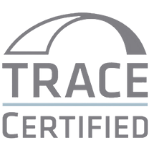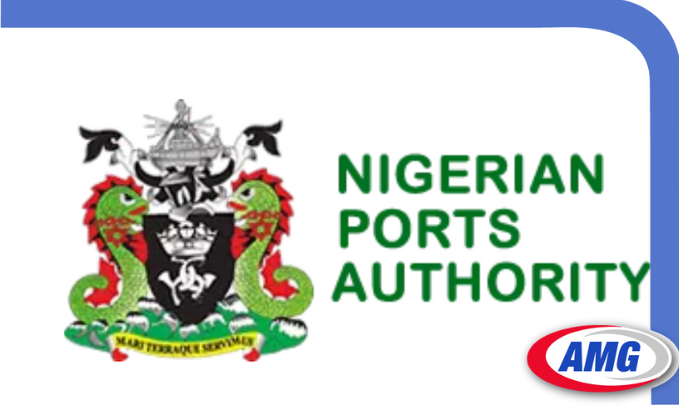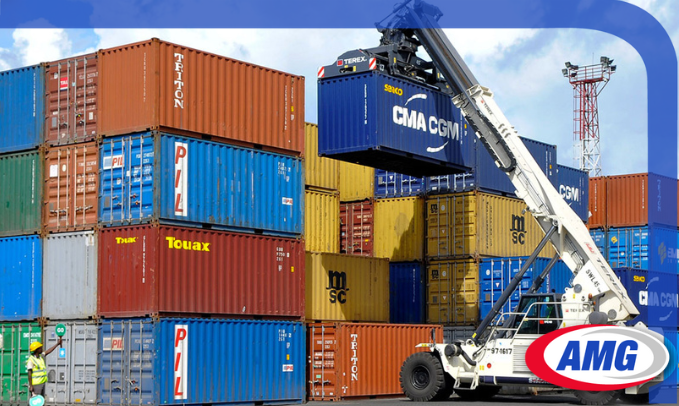-
Shipping Containers Management
-
International Air Transport
-
Worldwide Maritime Transport
Your package
safety is our no. 1
priority
We Handle shipments based on custom clearance and provide 24/7 delivery based on reliable truckers and subcontractors.

15,754 Deliveries
AMG logistics has successfully made 15,754 deliveries around the globe with an 95% customer rating.
Our Partners





Services

Concierge services
Our professional team will cater to your arrival, stay, and departure making it a pleasurable experience

Sea Freight
When clients come to AMG for a global logistics solution, part of it will contain an overall, multi-modal transportation solution that maximiz-es the movement of goods worldwide.

Warehousing
We provide you with the necessary warehousing flexibility and in order for your business to expand, we are continually expanding our facilities.
Your rating at AMG Logistics is crucial to enabling us to provide the finest services. Click the icon to give us a rating.
Shipping Import & Export Guide for Nigeria
Complete your details on the form and we will send a free copy of “AMG Logistics – Shipping Import & Export guide for Nigeria” to your inbox right away
